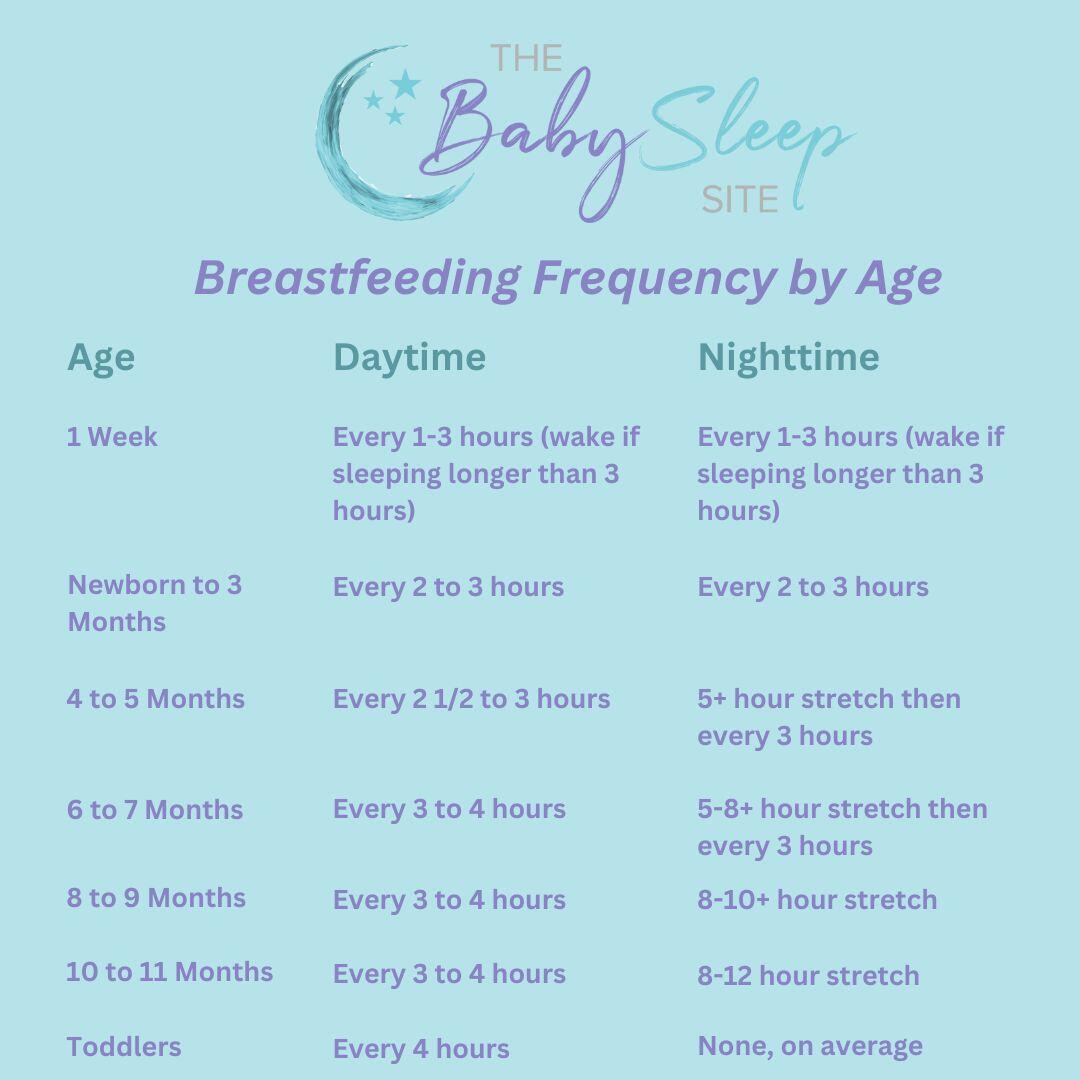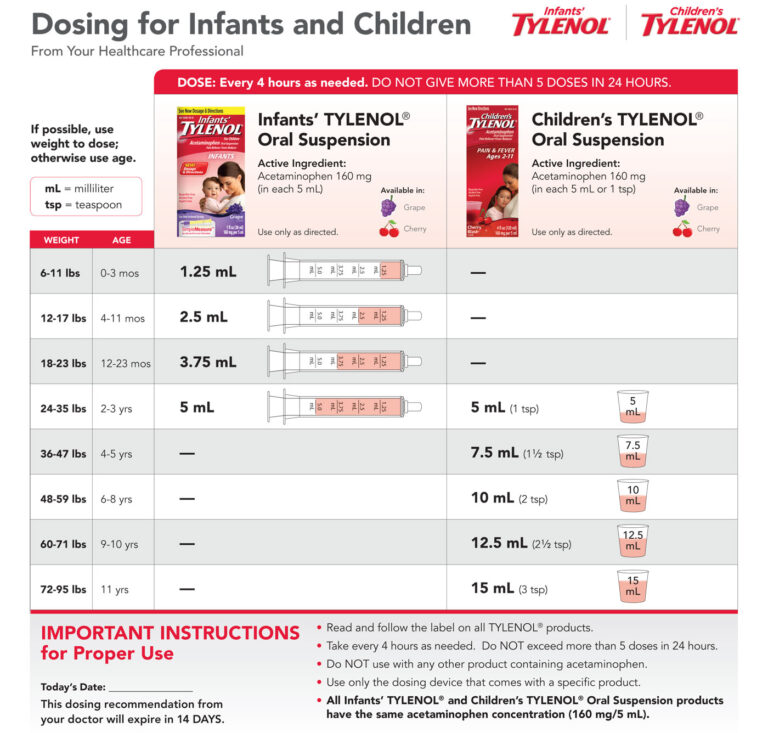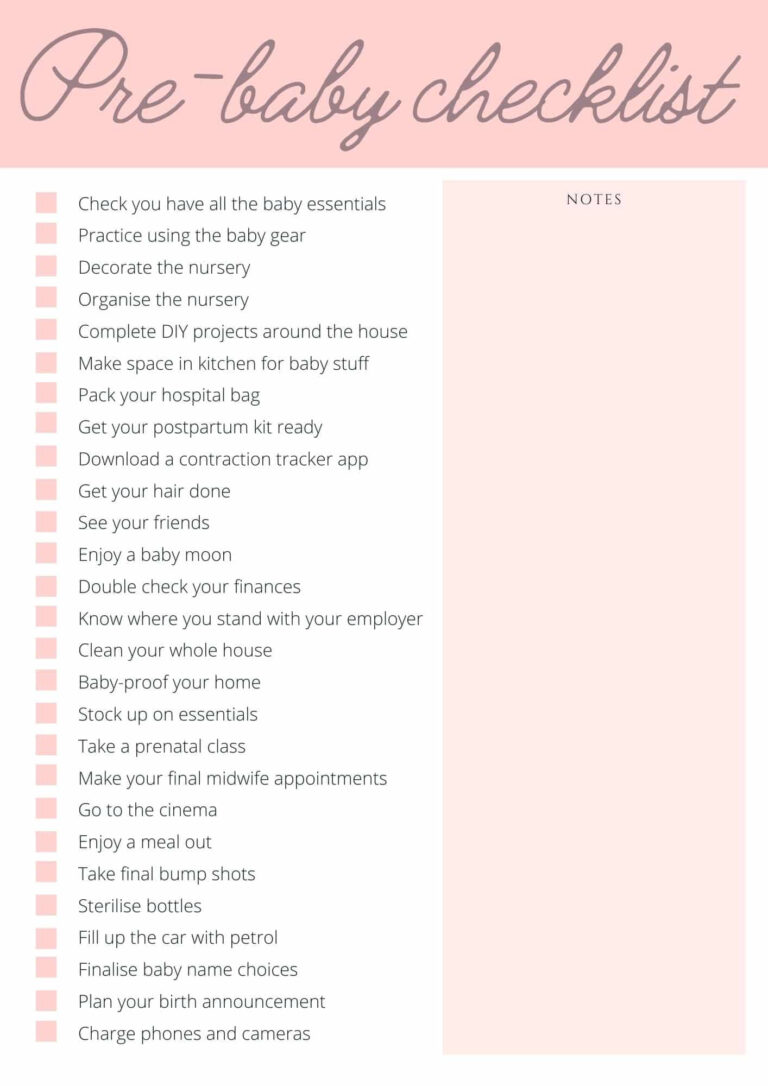How Long Does A Baby Nurse On Each Breast: A Comprehensive Guide
Are you a new parent wondering how long your baby should nurse on each breast? This article will provide you with all the information you need to know about this topic. From the benefits of breastfeeding to the optimal nursing duration, we’ve got you covered.
Knowledge
When it comes to breastfeeding, the duration of nursing on each breast can vary depending on several factors. For newborns, it is recommended to nurse for about 10-15 minutes on each breast during each feeding session. This ensures that your baby gets enough milk and stimulates your milk production.
As your baby grows, the nursing duration may change. Some babies may finish feeding on one breast in a shorter amount of time, while others may take longer. It’s important to pay attention to your baby’s hunger cues and let them nurse for as long as they need to feel satisfied.
It’s also essential to switch breasts during a feeding session to ensure that your baby gets hindmilk, which is richer in fat and essential nutrients. This helps your baby gain weight and stay healthy. A general guideline is to nurse on one breast until it feels softer and then switch to the other breast.
Another factor to consider is the frequency of breastfeeding. Newborns typically nurse every 2-3 hours, including during the night. As your baby grows, they may nurse less frequently but for longer durations. It’s important to follow your baby’s lead and feed on demand to establish a good breastfeeding relationship.
Some babies may have a strong suck and can extract milk more efficiently, while others may take longer to nurse. This is normal and depends on your baby’s individual feeding habits. As long as your baby is gaining weight, has enough wet diapers, and seems content after feeding, the duration of nursing on each breast is usually not a cause for concern.
Conclusion
In conclusion, the optimal duration of nursing on each breast varies for every baby. It’s essential to pay attention to your baby’s hunger cues, switch breasts during feeding, and feed on demand to ensure that your baby gets enough milk and nutrients. Remember that breastfeeding is a unique experience for every parent and baby, so trust your instincts and seek support if needed.
For new parents, the key strengths of breastfeeding include bonding with your baby, providing essential nutrients, and boosting your baby’s immune system. The target audience for this article is parents who are new to breastfeeding or looking to learn more about the duration of nursing on each breast.
In conclusion, knowing how long a baby should nurse on each breast is essential for establishing a successful breastfeeding relationship. By following your baby’s cues and trusting your instincts, you can provide your baby with the nourishment and comfort they need to thrive. Remember that breastfeeding is a journey, and it’s okay to seek support and guidance along the way.






